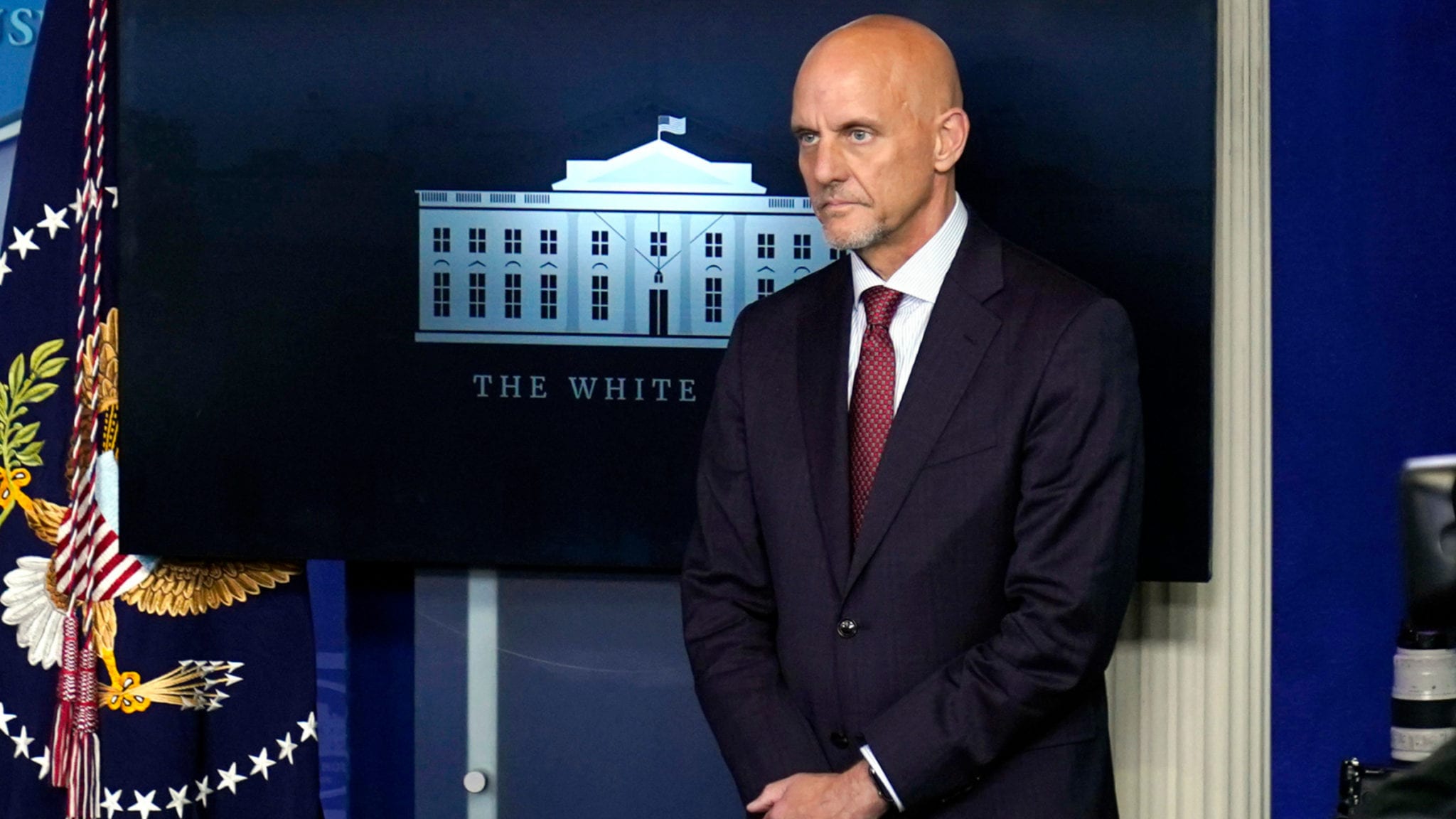
As he wraps stormy FDA tenure, Hahn admits 'there was a substantial amount of pressure' from White House — report
Last summer, as drugmakers rushed to test and deliver the first Covid-19 vaccines in hopes of taming a raging pandemic, FDA commissioner Stephen Hahn repeatedly reassured the public that he will fight for science and fend off any politicization. At one point in August — just before he would appear alongside President Donald Trump in a controversial event announcing the emergency use authorization of convalescent plasma — he told a reporter that “I’ve had absolutely no pressure from anyone.”
Unlock this article instantly by becoming a free subscriber.
You’ll get access to free articles each month, plus you can customize what newsletters get delivered to your inbox each week, including breaking news.